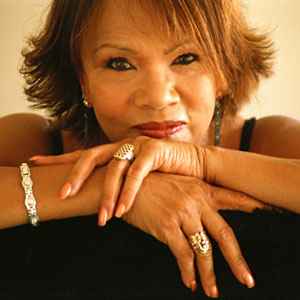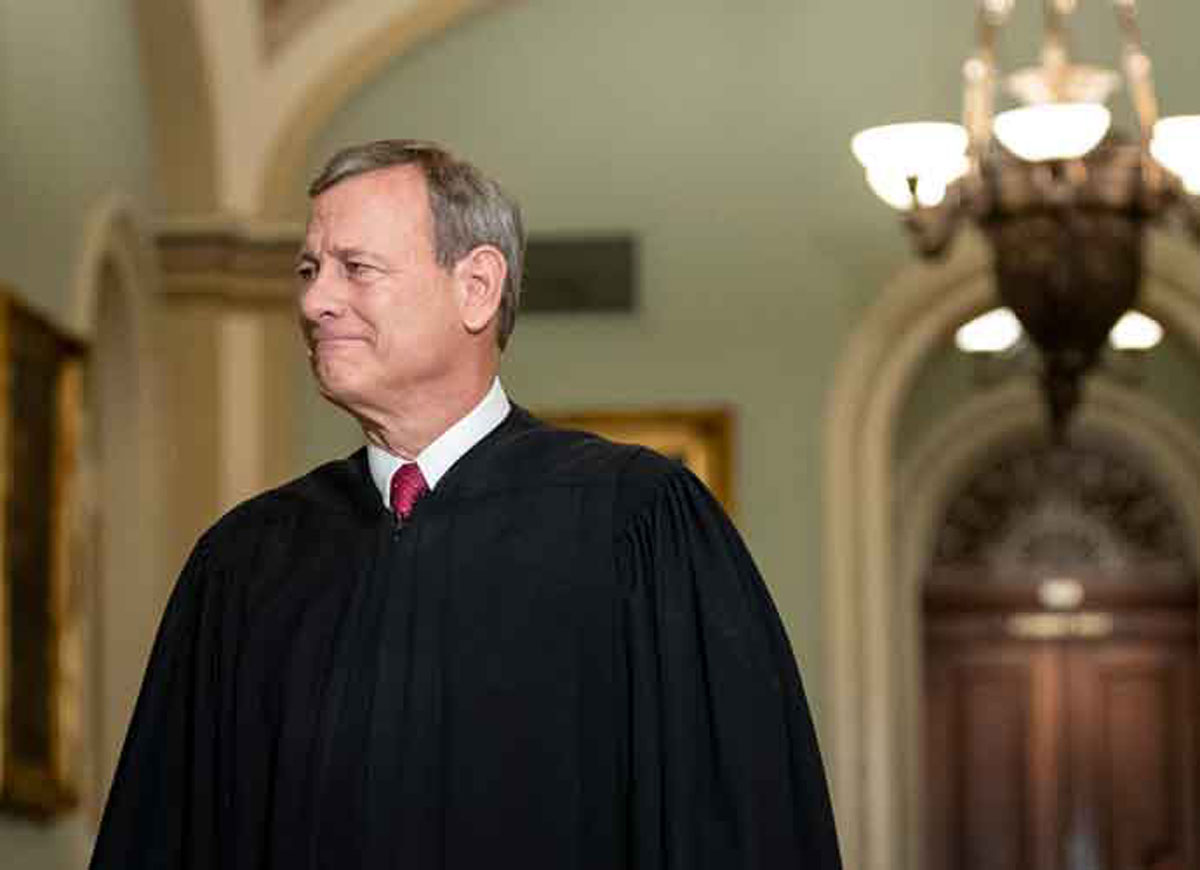Candi Staton On 'Muscle Shoals,' Racism, 'Young Hearts'
Candi Staton, disco, soul and gospel singer, best known for the 1976 #1 hit "Young Hearts Run Free," is featured in the new documentary Muscle Shoals. The film celebrates the famous Muscle Shoals, Ala., recording studios where some of the most memorable songs in the American canon were recorded, including hits by Aretha Franklin, Paul Simon, Lynyrd Skynyrd, Percy Sledge, the Rolling Stones and Staton herself. "You sing what comes out of your spirit," Staton told Uinterview exclusively. "When we got together with the microphones in the studio those things just kind of came out in our music, the feeling, the hurt, the emotions. We sung life songs, songs that meant something to people."
While recording in Muscle Shoals, Staton could not foresee the impact the sound would have on musical culture worldwide. "I just wanted to make a hit record, so I could feed my family. I am as much in awe as anyone else — that a little country girl from a small town would make it this far."
Staton had faced prejudice living in the South, so she was shocked by the racial harmony in the recording studio. "I was quite surprised when I walked in the studio, being from Alabama, [races] just didn’t mix that well. You got looked at real funny if you walked in with a bunch of white guys," said Staton. "When we got in the studio… we were just musicians. We were just people who loved the music, so that was a big hurdle we got over. I think in a small way we were able to break down some of the racial barriers."
It's a feeling. It's hard to describe a feeling. You sing what comes out of your spirit. It's soul music, and you don't get a lot of that now. The way we create soul music — we lived each lyric and the musicians married us — we kind of got married during the session. It's hard to describe how we got there. We cared about each other. You were not just a musician to me, I was not just a singer. We could talk about our lives. I think the connection there in terms of how we felt. We had compassion and love for each other, if you were going through something, you got a hug. So when we got together with the microphones in the studio those things just kind of came out in our music, the feeling, the hurt, the emotions. The songs we would sing will basically be about hurt — how we were hurt in love affairs, how we were left to raise our children alone. We sung life songs, songs that meant something to people. It wasn't just, “La di da, do ta do,” it had a meaning. When I walked out the door my, my heart broke in 20 pieces. I wish I could grab the pieces and put it all together.
Music is an international language it crosses barriers, it cross race barriers, religious barriers, it crosses all kinds of barriers. When you put together, music brings people together. I was quite surprised when I walked in the studio, being from Alabama, [races] just didn’t mix that well. You got looked at real funny if you walked in with a bunch of white guys. People are so judgmental. When we got in the studio we lost it, we were just people. We were just musicians. We were just people who loved the music, so that was a big hurdle we got over. I think in a small way we were able to break down some of the racial barriers.
I was a night club regular. I just broke away from the church — I was mad at church. About a month in Clarence Carter came to perform. He had this new song called “Slip Away.” OJ said to Clarence, 'My girl's going to open for you tonight, tell your girls to stay home and watch TV.” Clarence said, “But I don’t do that.” Carter replied, 'But you going to do that this time, this girl is going to knock your socks off.' Clarence asked me, 'What songs do you know?' I said, 'I know “Tell Mama,” not knowing he wrote it! That’s how naive I was coming out of the church. I didn’t know nothing. I got up there and tore the song up. That night I got a standing ovation. When the show was over he said, 'I want you on the road with me.' I want you to open for me and become one of my regulars.' When Etta James left, he went to record shortly after, he called me up, and I auditioned. I went in to the studio that night and recorded three songs. I've done about 51 songs with him since then.
No, I had no idea. I was just trying to raise four kids. All I was thinking about was putting food on the table. I knew nothing about 'international.' I just wanted to make a hit record, so I could feed my family. I had no idea it will go this far. I am amazed. I am as much in awe as anyone else — that a little country girl from a small town would make it this far.
What had happened was that I did all these songs with Rick [Halls] and music was changing. Disco was coming in. Rick was not about disco and Warner Bros. was. Rick had a distribution deal with Warner Bros. We made another record, and they mentioned to Rick that the music wasn’t just selling anymore. He said if this music doesn’t sell I want to sign Candi directly. At the time David Crawford, who wrote and produced the song, was hungry too. He said, 'Man get me an artist, and I can prove to you I can do this.' I knew him from Atlanta. We have done stuff in the studio, but it never went anywhere. We got in there and that was the first release off the Young Hearts album.
RELATED ARTICLES
Get the most-revealing celebrity conversations with the uInterview podcast!






Leave a comment